Then you can plant bell peppers for the next year.
Experienced summer residents do not have a question whether it is possible to grow all the necessary vegetables in a small area and get a good harvest. Knowing well the need of each vegetable crop for nutrients, its diseases and pests, competent vegetable growers plan planting for several years in advance. Alternating crops, making the necessary fertilizers, planting green manure, they restore soil fertility every year.
The need for crop rotation
Crop rotation is a competent alternation of vegetable crops in garden beds, its goals:
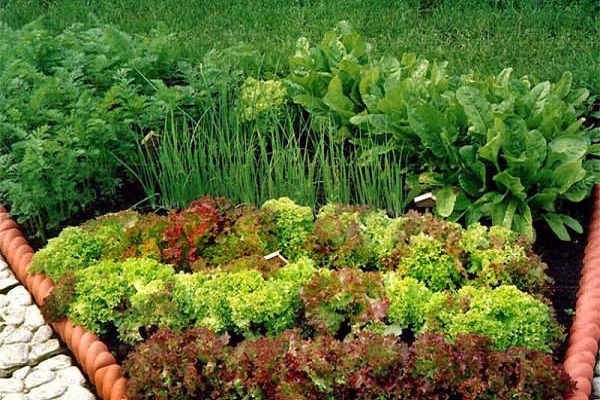
- reduction of weeds in the garden;
- formation of the structure of the fertile layer;
- restoration of soil fertility.
To achieve these goals, cultures are rotated in full, taking into account not only the compatibility of cultures. With the correct crop rotation, the time of restoration of fertility and natural cleaning of the land must be taken into account. She must get rid of the larvae of pests and pathogens typical for this vegetable.
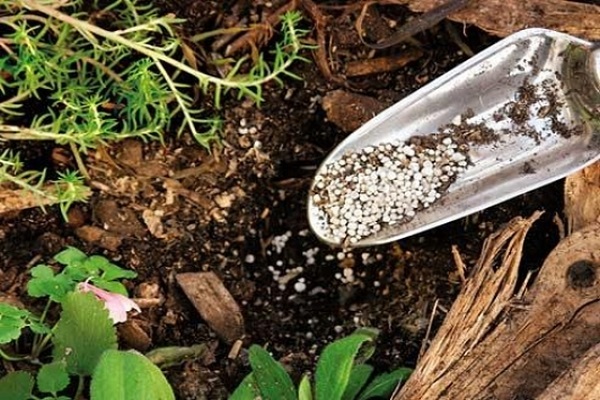
For example, after potatoes in the garden, a year later, it is better to sow a pumpkin. If you replenish the fertility of the soil with mineral fertilizers, then cucumbers and onions will grow well. It is better to plant a potato plantation next year after cabbage.
Good and bad predecessors
The easiest way to understand is not to plant bell peppers. It belongs to the nightshade family in the same way as potatoes, tomatoes, physalis, eggplants. Therefore, they are the worst predecessors. Their nepotism implies the presence of the same pests on the ridges, crops are susceptible to common diseases, they take the same nutrients from the soil.
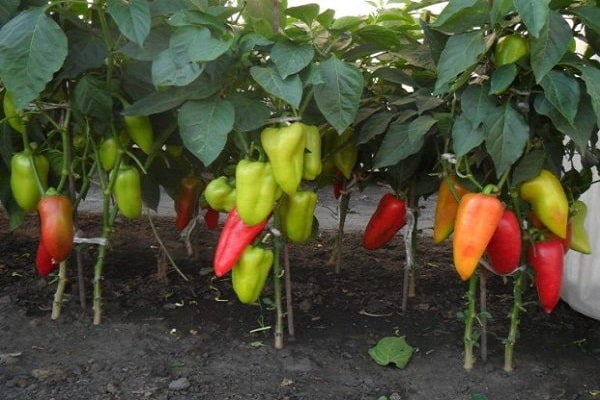
Therefore, we can say for sure that it is not worth planting it after a tomato and other vegetables from the nightshade family. A close relative of sweet pepper is bitter, these varieties not only do not need to be alternated, they should not even be planted in closely spaced areas.
It is easier to grow healthy peppers on the ridges, broken in the place of last year's plantings of zucchini, carrots, cucumbers, it grows well after onions. When planting, a large amount of organic matter is introduced under zucchini and cucumbers, it overheats well during the season. The culture reacts poorly to fresh organic matter: it gets sick more often, and later forms ovaries. During the season, manure (humus) overheats well, makes the soil loose and useful for this culture.
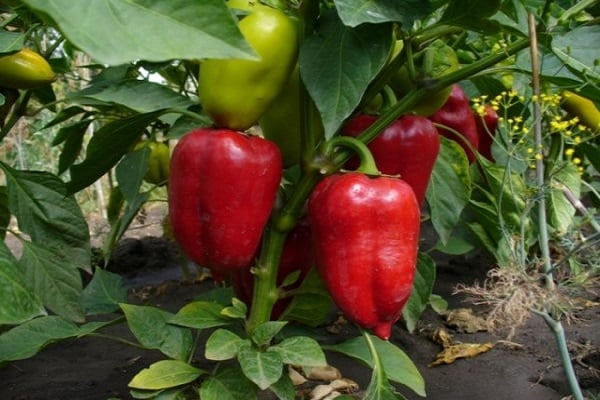
What can be grown after pepper, and what not
The roots of the plant are of a surface type, therefore, it consumes nutrients from the upper layers of the soil. In root crops, the roots penetrate much deeper. In this regard, you can plant after pepper:
- all varieties of radish;
- carrot;
- beets.
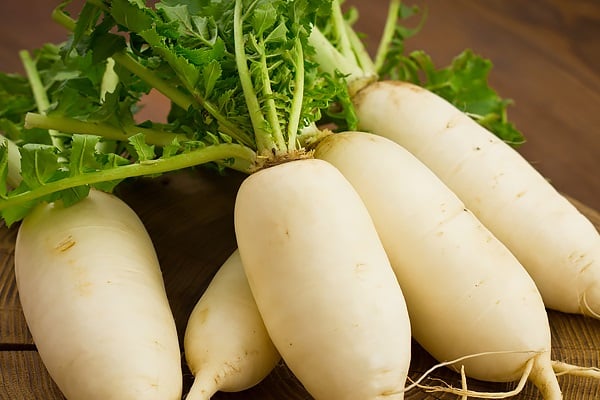
In addition to root vegetables, there are a number of vegetables that are classified as neutral plants. They are planted safely after sweet peppers. In addition to the root crops mentioned above, neutral plants include:
- beans;
- greens (celery, leafy and head salads, spinach);
- legumes;
- garlic;
- cabbage;
- onion.
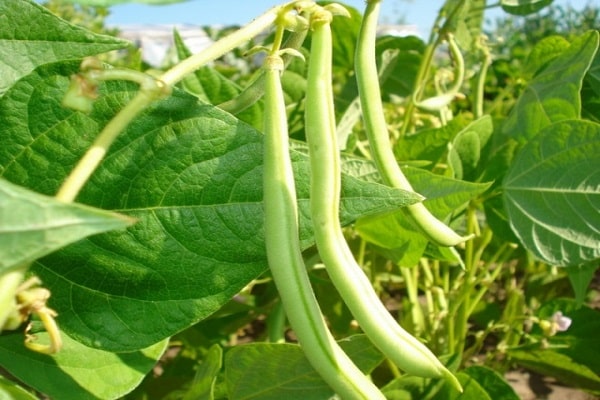
It would be a mistake to plant pumpkin instead of bell peppers. It is good to sow it just before nightshade crops, but it grows very poorly after them. And all because of the toxins accumulated after the peppers. Any melons and gourds planted after it (squash, squash) will be oppressed by harmful toxins.
The best companions
For a good sweet pepper harvest, crop rotation alone is not enough. In plants grown next to beans, fertility increases markedly. The smell of beans scares away all pests from the bushes, the roots enrich the earth with nitrogen. Plants growing next to the bean bushes receive nitrogen in an easily assimilable form.
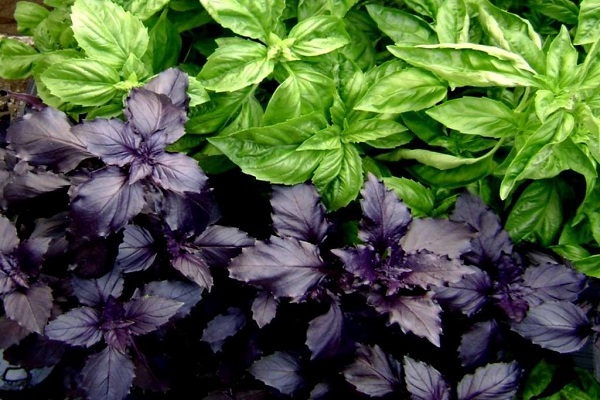
The correct choice of neighbors in the garden has a positive effect on the growth and development of garden crops. It is known that you can still plant on the same ridge with peppers. The following vegetables will be good neighbors for them:
- carrot;
- basil;
- coriander;
- onion.
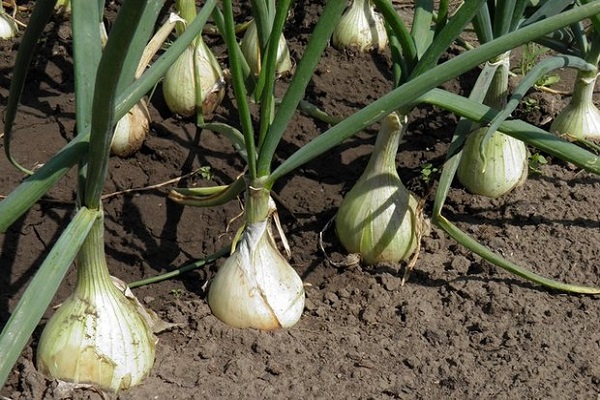
It is clear after what crops you can plant peppers, what vegetables you can compact your beds. You don't have to listen to growers who say: I have been growing peppers in one place for decades and get a good harvest. It is better to alternate any plantings, be it tomatoes, onions or any other vegetable crop. After harvesting, it is necessary to sow green manures if the vegetable garden is so small that it is very difficult to follow the rules of crop rotation.
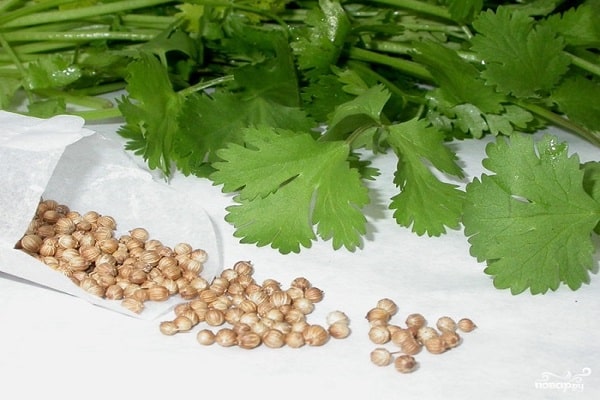
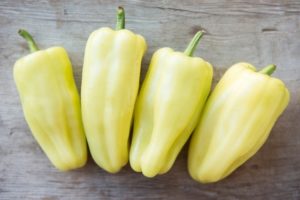
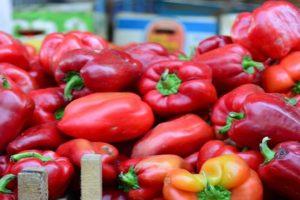
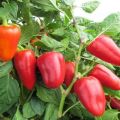
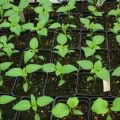
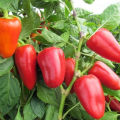
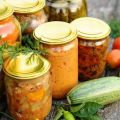

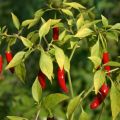
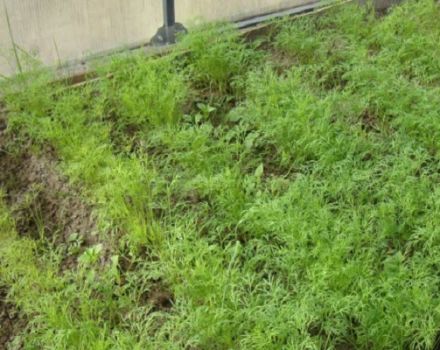
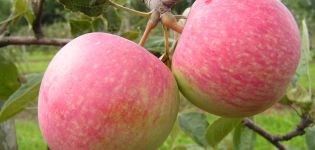
Crop rotation should not be violated, you need to familiarize yourself with such a list every time you plant. Also, do not forget about feeding and fertilizing. Last used BioGrow, I like the result.